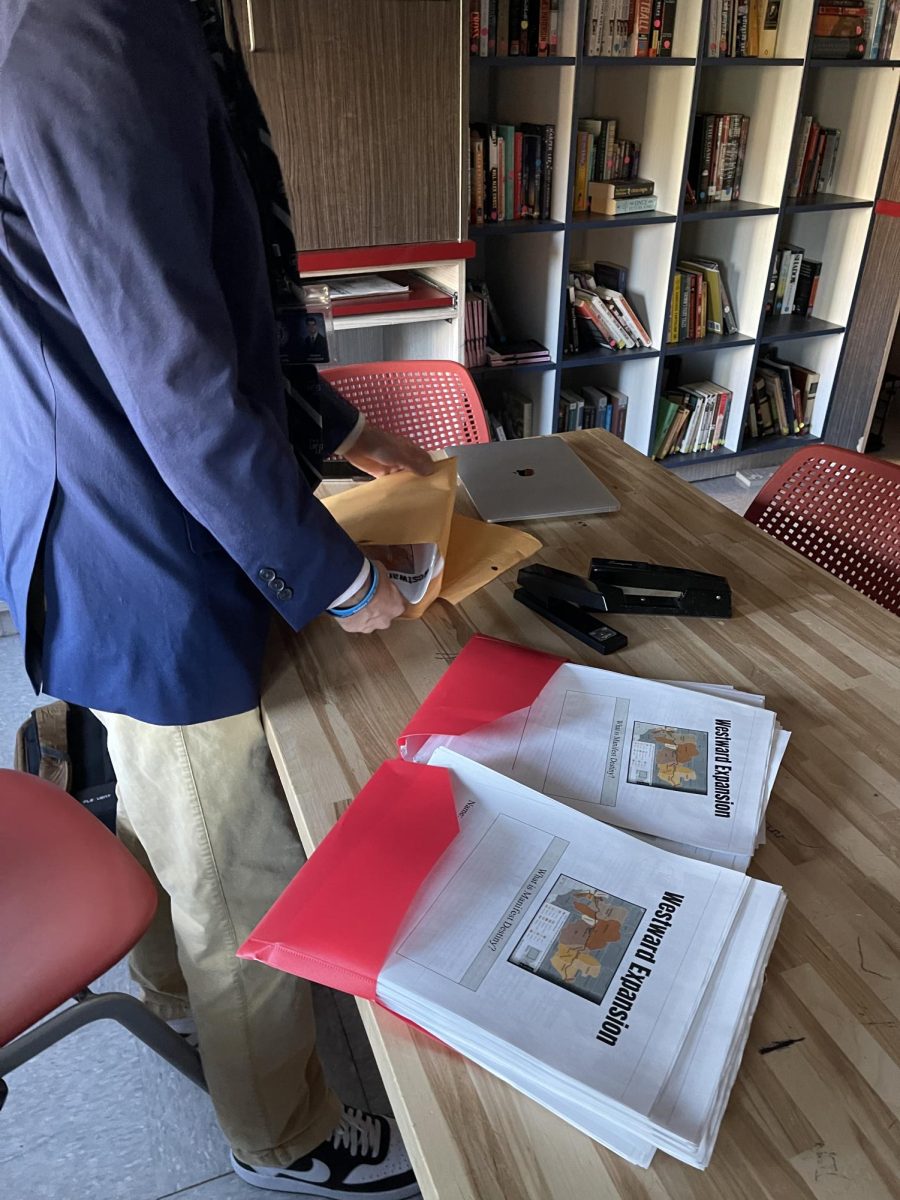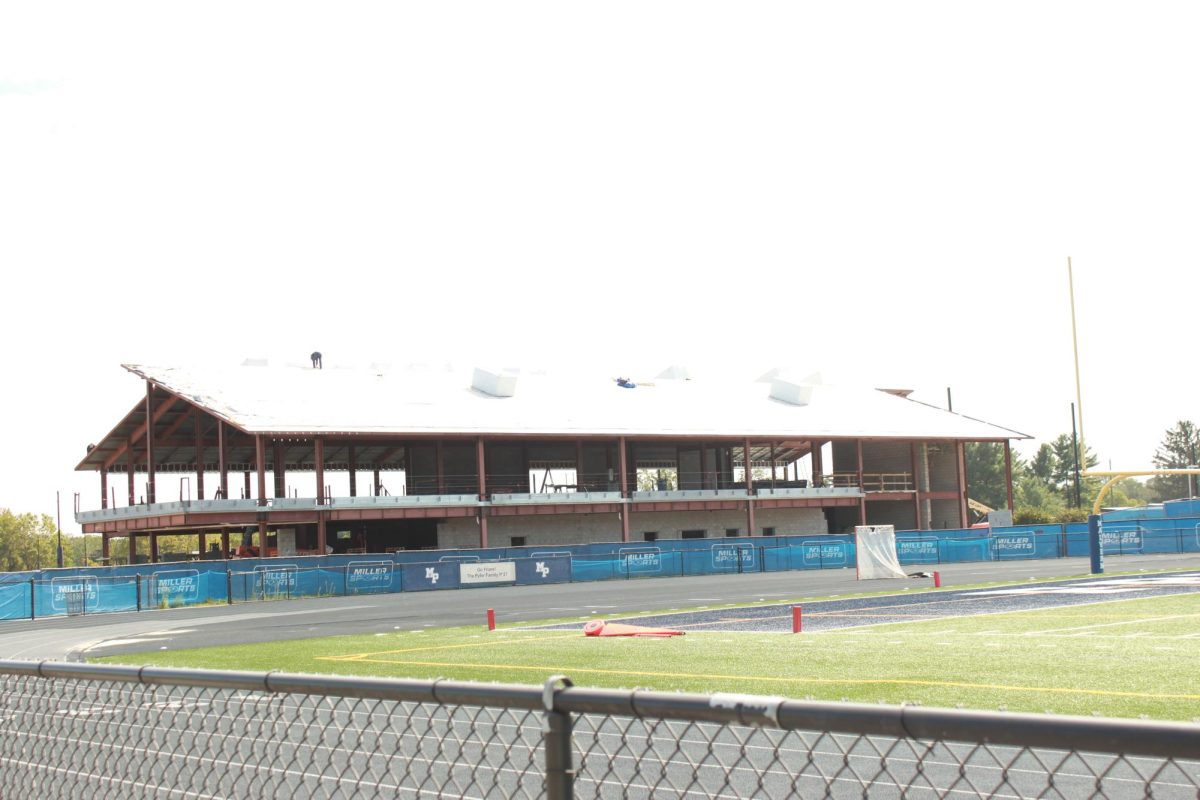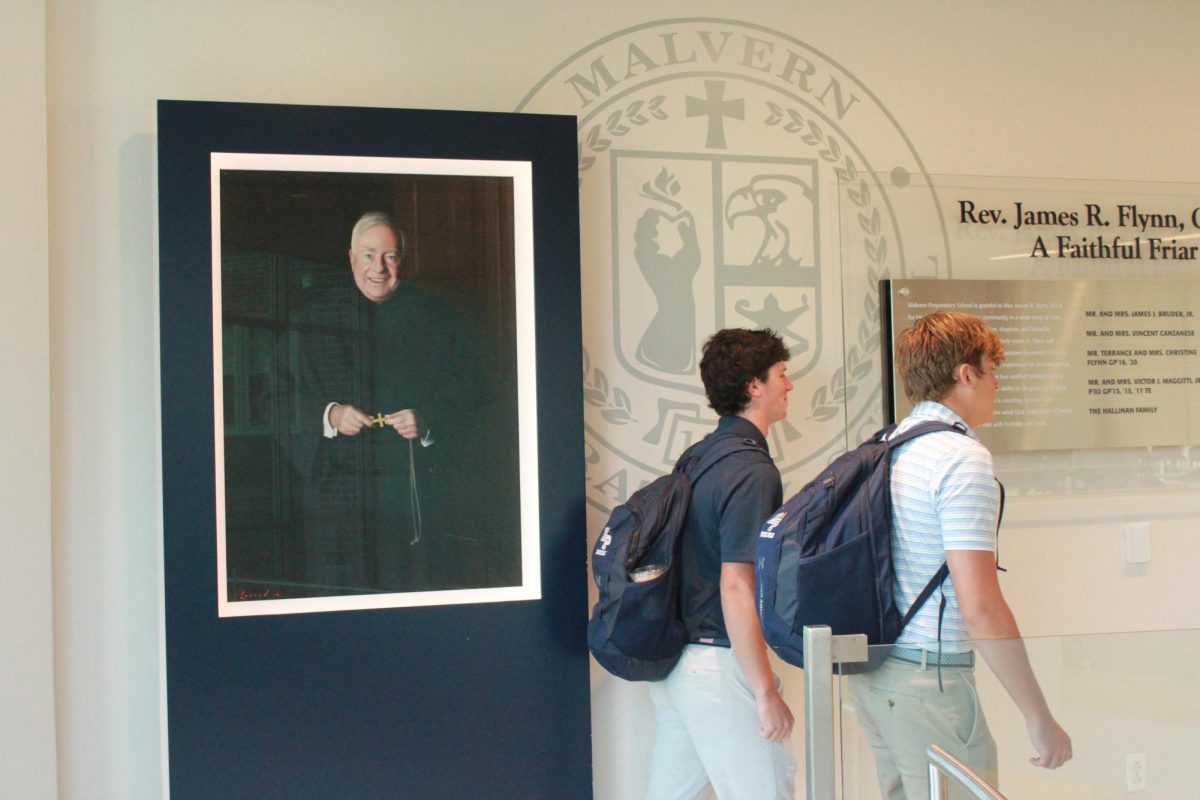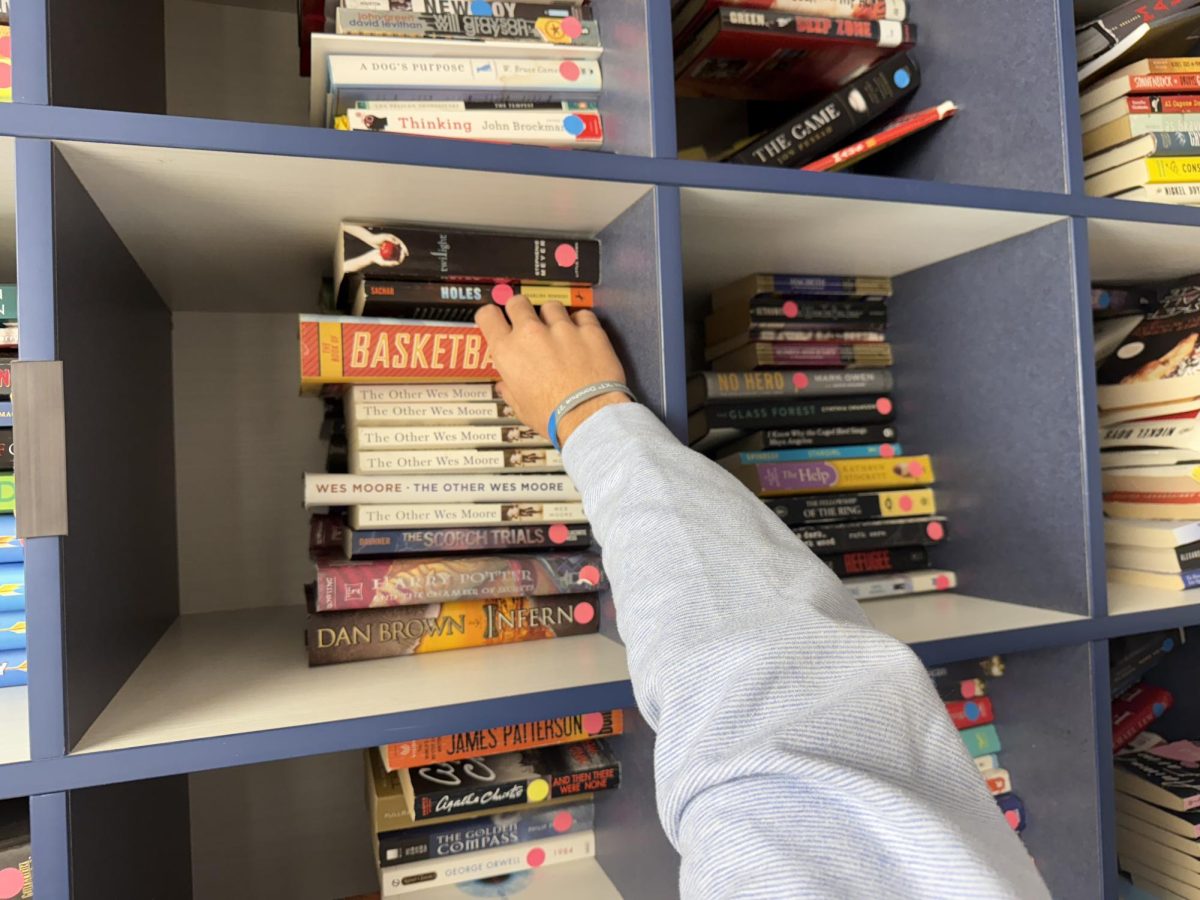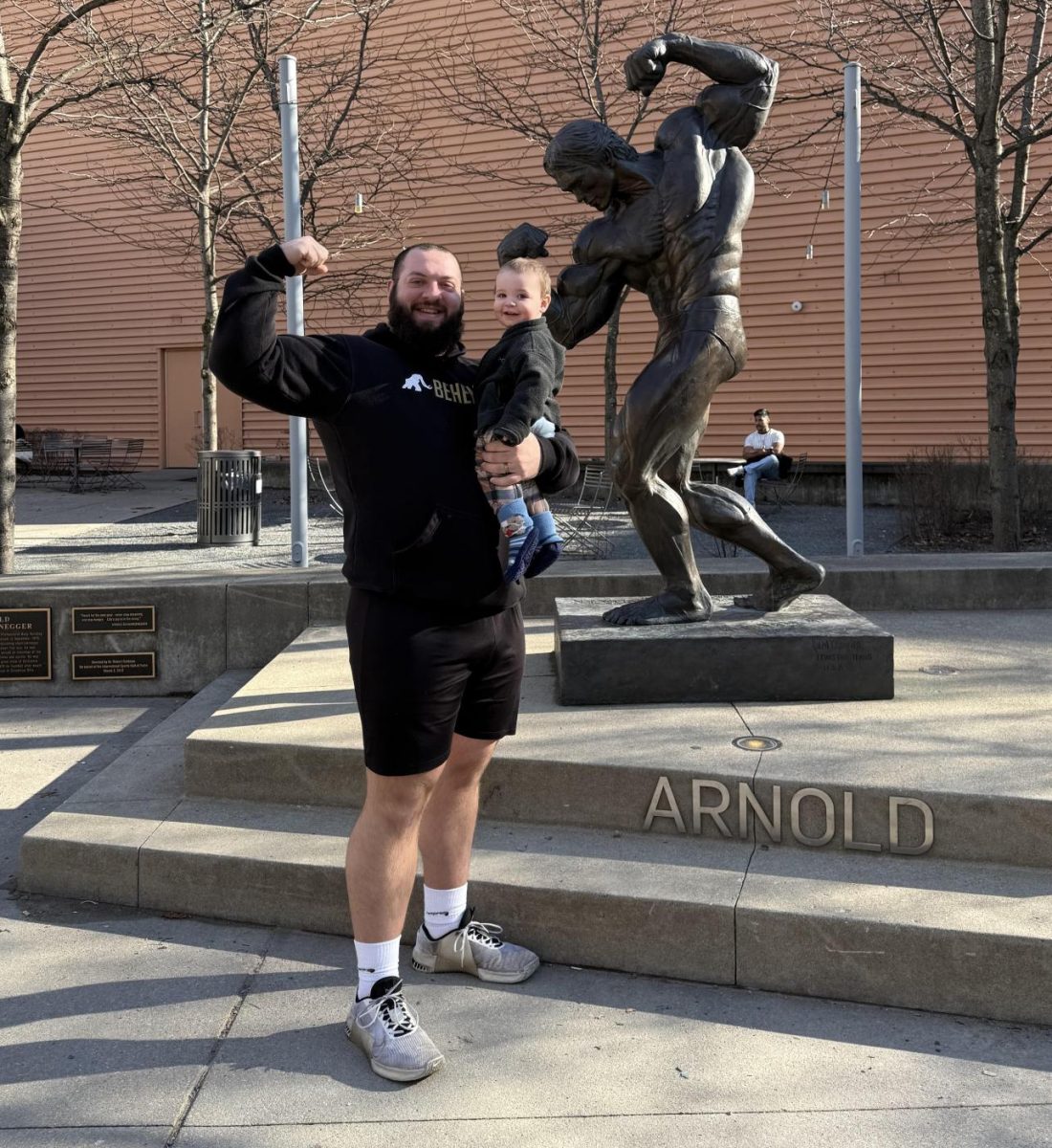Catholic leaders in the Malvern community comment on the Church’s view on voting.

“The Catholic viewpoint is you have a civic obligation to participate in society and voting is one of the most important things that we do to participate in society,” Head of Theology Department Fr. Thomas Drennen said.
Drennen added that the Church urges Catholics to vote because of its importance to our world. “So it would be a serious responsibility to have your voice heard. That would be the bottom line,” he said.
Even though the Church encourages you to vote, it doesn’t want to tell you who or what party you should vote for.
“The Church doesn’t endorse a party or candidates,” Upper School Theology teacher Mr. Andrew DiDomenico said. “They respect the democratic process and they respect individuals within the Church to follow their conscience as they vote.”
[perfectpullquote align=”right” cite=”” link=”” color=”” class=”” size=””]
“The Church doesn’t endorse a party or candidates. They respect the democratic process and they respect individuals within the Church to follow their conscience as they vote.”
-Mr. Andrew DiDomenico[/perfectpullquote]
Drennen has voted for third party candidates before because he believed that they were the best candidate at the time.
“I didn’t expect a third party candidate to win, but I didn’t want to lose my vote. I wanted to participate,” Drennen said.
He believes that Catholics should take it up themselves to choose a person or party that represents their and the Church’s beliefs best.
“I’ve taken it seriously and not always voted for the same party because I don’t think that there’s a party that represents the Catholic position. Parties are all over the place,” Drennen said.
Although the Church fully respects the right of an individual to follow their conscience while voting, it encourages you to consider certain questions and issues in today’s world before reaching a decision.
“We look more toward the issues than we would about the personality, so the Catholic moral, Catholic social justice issues would be what we’d ask people to consider before their voting,” Drennen said.
These issues should prompt Catholic voters to ask themselves questions about the policies and plans of the different candidates.
“There are definite particular questions that they challenge Catholic voters to consider as they head to the polls to cast their vote,” DiDomenico said.
Many of these questions are centered on Catholic social teaching, which deals a lot with protecting the dignity of all people. “There are so many facets of that – in particular, what is this candidate saying about the poor?” DiDomenico said.
The Church challenges voters to think about topics like this one before voting, so that a candidate that best tackles Catholic social justice issues will be elected.
“In Scripture Christ says whatever you have done for the least, in terms of the way in which they’re looked at in society, you’ve done for me,” DiDomenico said. “I think that’s what the Church and in particular Pope Francis have really challenged in this election, for voters to consider those important topics.”
Generally speaking, the Church wants Catholics to vote, but that’s not always the case. If someone feels wrong about voting for all possible candidates, then it is fine not to participate.
“If it is an election where a person [is] really, really, really struggling to cast a vote for Democrats or Republicans because they feel as though voting for this individual is going to violate their conscience, then it’s ok to stay home,” DiDomenico said. “Only if you see voting for whatever individual is an extreme violation of conscience.”
DiDomenico said voters should feel at peace with their chosen candidate’s policies and personality. It should be important for Catholics to think that the person that is running the government is an all-around good person.
“I do think that it’s important that the person that we elect as president be a good person,” DiDomenico said. “I think it is important that you look at the actual person as well and how they treat other people in their lives and also how they treat the community in general. So it’s not just policies. It’s also the person.”
DiDomenico is also looking out for the future of his daughter.
“My daughter is three and a half, so it’s possible that the person we elect president, could be president for the next eight years,” he said. “I would like for he to be able to look at our president and say that is somebody that I can see as a role model, that I can learn from, as she develops into the best version of herself.”


